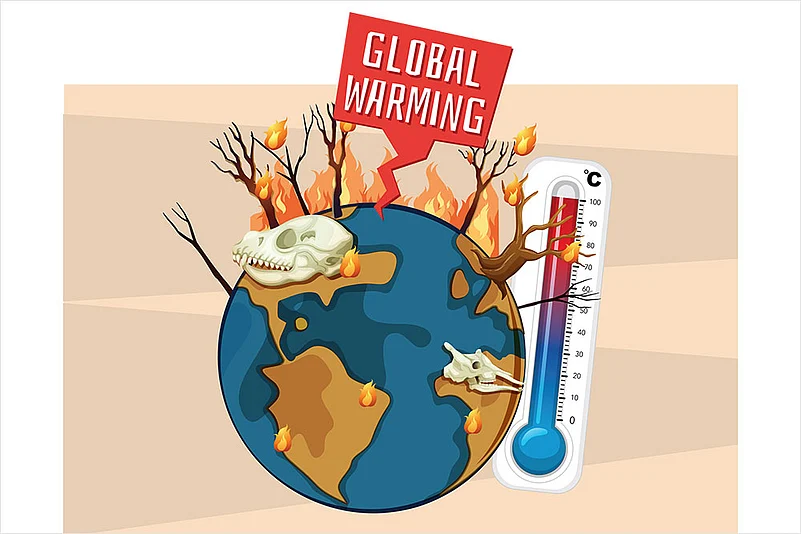A central component of the report is a global survey conducted among youth aged 15–24 in countries including India, Japan, Ireland, nations in Southeast Asia and the US. The methodology included both quantitative surveys and qualitative interviews with young individuals, psychologists and experts.
Awareness: 56% of 15–18-year-olds and 60% of 19–24-year-olds were aware of the link between climate change and mental health.
Support Access: Only 33% of those affected knew where or how to access mental health services.
Gender Differences: Women reported higher levels of anxiety and behavioural disturbances, whereas males reported more sleep-related problems.
Information Sources: Over 80% of youth depend on social media for climate-related information. This raises concerns about misinformation and heightened fear without context or solutions.

Numbers Speak Volumes
For today’s youth, climate change is not just an environmental concern—it’s an emotional and psychological struggle. Many young people feel overwhelmed, anxious and deeply uncertain about their future.
These emotional responses are not momentary—they impact daily life, decision-making and mental wellbeing. As many as 46% of young people surveyed report experiencing climate-related mental health issues.
These include anxiety, sadness, hopelessness and in some cases, more severe symptoms like panic attacks or depression. This is not a marginal concern—it affects nearly half of the youth population surveyed.
Major Gap in Support
Despite high levels of emotional distress, only 33% of affected youth reported having access to mental health care. Fear of judgment or social exclusion discourages many from seeking help.
Especially in rural or underserved areas, trained counsellors and therapists are scarce. Educational institutions often lack designated mental health personnel or safe spaces for students.
The Bigger Picture
These findings are not just about individual suffering—they point to larger implications for national health systems and long-term pressure on health care resources.
Emotional stress affects academic performance and learning. Emotional exhaustion can lower efficiency and participation in the job market.
India’s youth contribute significantly to the national GDP—$136.6bn from the 15–24 age group. With nearly half of this population experiencing climate-linked mental health challenges, even a modest drop in productivity (10%) results in an economic loss of $13.7bn annually.
This figure is alarming as it accounts for nearly 0.35% of India’s total GDP. It is equivalent to half of the country’s health budget and represents just one facet of the broader 6% GDP loss from preventable health issues.
By failing to address youth mental health in the context of climate change, countries risk long-term economic stagnation, increased health care costs and reduced innovation and social cohesion.

























